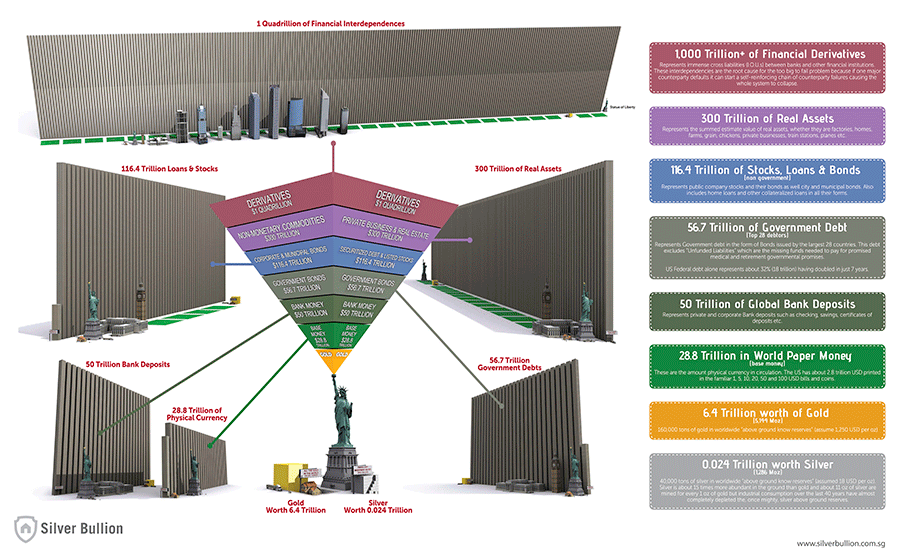flailer said:
Please (please) correct me where I am wrong ~
Ok
flailer said:
imo, Trading Options is NOT at all like buying & selling stocks. One is paying (or collecting) for the rights to buy (or forced to sell) a stock at a future point in time, at a prearranged price.
Actually, it can be similar to buying and selling stock. Perhaps you want to buy AMZN (Amazon), and you know you'll be wanting to sell it before Jan, 2017. You could buy the stock, or you could buy an option to buy the stock, i.e. a call that expires on Jan 2017. Suppose you buy a $200 call that expires Jan 2017. That call is trading at $192 / $197 (bid / ask), and the stock is trading at $383. Now anytime you want, before the option expiration date, you can buy AMZN for $200. If you sell the call just before the expiration date, it will trade for the difference in the price of AMZN and $200. So your results are the same as if you had actually owned the stock. One difference is dividends, you get no dividends if you hold an option instead of the stock. Also, you may have noticed that the cost of the call plus the $200 strike is $392, whereas the stock is only $383. That's the "time value" of the option, because it could go up in value. So you end up making less money buying the option instead of the stock, but you can't lose as much. If you bought the stock for $383, you could lose it all. If you buy the call for $197 (the ask price) then that's all you can lose.
But yes, you're basically correct.
flailer said:
imo, Basically one is leveraging small bits of money in exchange for RISKING larger amounts of money.
Using options gives you the ability to leverage, just like buying stock on margin. Of course you can keep some in cash, which I try to do.
flailer said:
imo, Future Stock Price changes (or no change) dictates if one makes money or loses money.
You betcha.
flailer said:
Basically, at least a couple people in this thread are running their very own private "Hedge Fund" As Oil (energy market segment) is quite nervous right now, they are making money on options (because they are making the correct bets), even if their stock is losing value -- hence the name hedging your bets (hedge fund).
Yep, that's it. By George, you've got it.
flailer said:
When one "covers" the options trade, it means you are giving someone else a chance to buy the stocks you own, at a discounted price to their future face value. In this case one is FORCED to sell the stocks they own (or pay out their losses if they are trading options in that direction)
Well, ok, there are 2 kinds of "covering" I guess. I don't know how Warren Buffet's broker treats him, but my broker, Fidelity, has it set up so it is mathematically impossible for me to cause them to lose money. The only way they'll allow me to sell a call is if I already own the stock, so even if UCO goes to a million dollars a share, Fidelity will just tell me my shares were sold for the strike price. The calls I sold were "covered" by the stock I owned. Now, suppose the stock goes down, like my UCO has done so much. I can't sell my UCO because it's covering a call I sold that hasn't expired yet. But, the price of the call has gone down because the stock price went down. Everything else being the same, the price of a call goes down as the expiration date approaches, (if the strike price is out of the money), i.e. higher than the trading price of the stock. With a couple of weeks left before expiration, I bought back a call I had sold a month earlier. I sold it for $1.17 less than 7 weeks earlier, and it still had a week and a half to expire, so I bought it back, i.e. I "covered" my call. I bought it back for .05. I was then free to write another call and collect another premium.
flailer said:
What do you think of this site:
http://www.theoptionsguide.com/ for learning more about the vital details of Trading Options?
Yep, that's optionshouse. I set up a free "practice" account there, and lost lots of virtual money learning options. I'm glad it was virtual. Click
here for the part about covered calls. You might want to look at the
Chicago Board of Options Exchange. They're the "casino", the ones who run the whole deal.
I read Charles Schwab's page about options. It was pretty bad. They want you to buy and sell a lot, and that's not what you should do to make money. It's not just the commissions, it's the difference in the "bid" and the "ask" price that kills you. It's not uncommon to see bid .50, ask $1.20. Pretty easy to see who's making the money there.
Don't get bogged down reading about "iron condors", "diagonal bull call spreads", "covered straddles", that's all nonsense. It's a way to get you to buy more options.
flailer said:
I once found a site that not only gave instruction, but also had exams to test one's knowledge...
That's pretty cool. I'm convinced that the goal of any investment strategy is for you to not feel stupid. I haven't made any money doing this, but I don't feel stupid because at least I haven't lost any and look at how badly oil crashed! I'll bet the test is designed to make you feel confident to fund your account! I'm a cynic, I like to "follow the money".





